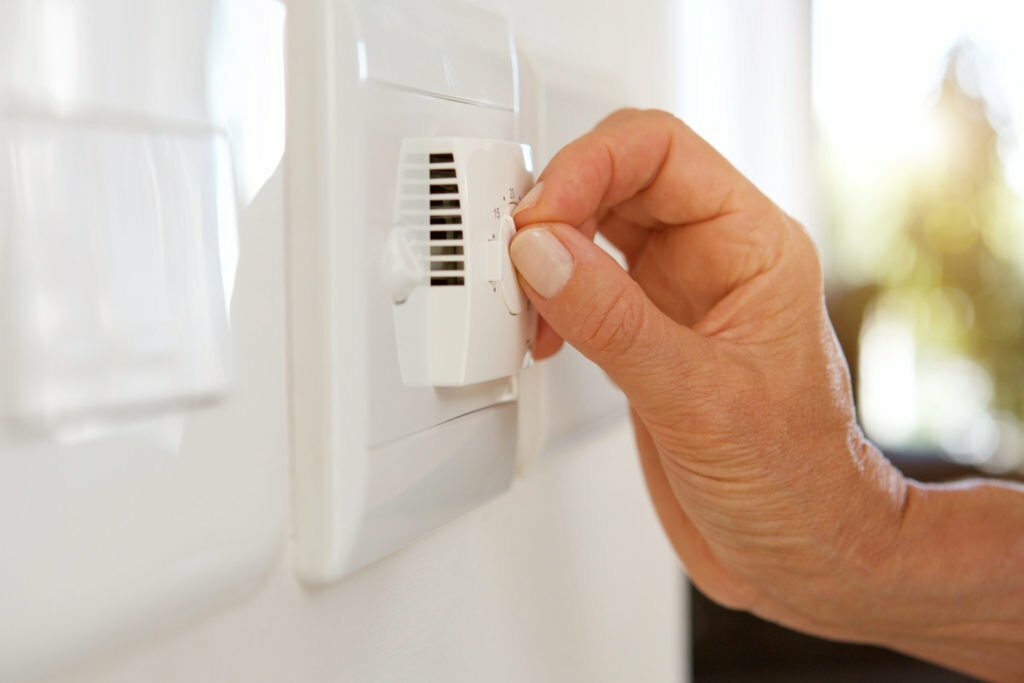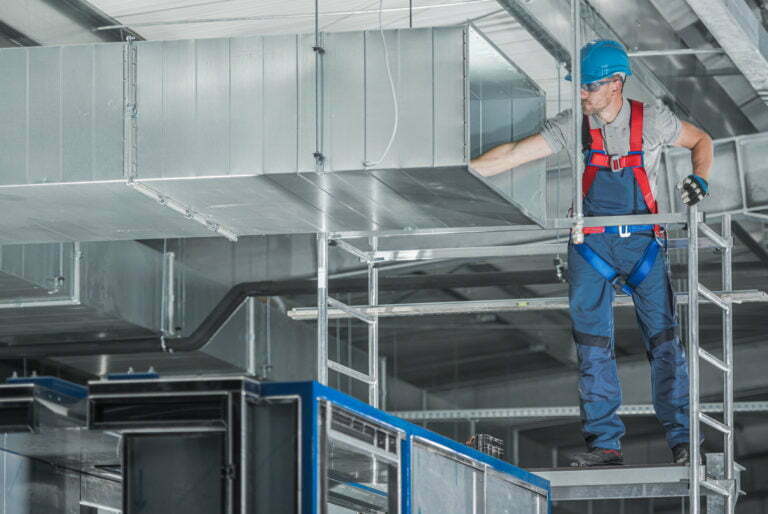No matter where you live, you probably rely on your central air conditioning at some point during the year. If your summers are overly hot and humid, you probably rely on your AC heavily. Unfortunately, running your air conditioning also comes with a spike in energy costs, but new HVAC technology is changing the way we cool our homes. Almost all HVAC professionals agree that the innovation and technology behind variable speed air conditioners make them some of the most efficient AC units on the market today. Compared to the standard single-stage AC units in most homes, variable speed systems use less energy and provide a higher level of comfort.
Variable speed refers to the amount of cooling that the compressor in your AC unit provides. Variable technology means that the compressor can throttle the amount of refrigerant cooling from 1 to 100 percent. Depending on the model, the cooling power can be increased in 1-percent increments. A variable unit might provide close to 100 percent cooling output on a scorching summer day, but it might only run at 30 to 40 percent on a mild day in the spring.
With traditional systems, you often have varying temperatures, cooling delays, and higher energy costs. The technology and innovation behind variable speed units allow a steady stream of cool air to blow through your home slowly to balance temperatures and keep energy usage lower. If you are considering a variable speed air conditioner, there are some things to consider. Let’s take a look at variable speed technology.
How do variable AC units compare to traditional air conditioners?

The basic principle behind a variable air conditioner and a traditional single-stage unit is the same. The refrigerant in your indoor unit absorbs heat and humidity and cools the air circulated through your home. The warmed refrigerant is then sent to the outside unit, where the heat and humidity are released and the refrigerant is cooled and transformed to begin another round. The difference between the two systems is the amount of cooling inside your home.
Single-stage units are either running at full cooling output or are idle, waiting for the thermostat to call for more air. This means that there will be temperature fluctuations until the next cooling cycle. With a variable speed system, the unit cools your home to the desired level and then throttles down to keep cool air circulating. Traditional units require full power to run each cycle. However, a variable speed unit requires much less power to run at lower speeds for longer.
What are the advantages of variable speed ACs?

As discussed, variable speed ACs are more energy-efficient and provide cooler, more consistent temperatures throughout your home. In addition to lower energy bills and cooler homes, however, they also provide higher comfort levels in terms of humidity and indoor air quality.
Because the system is running for longer periods of time, and in some cases, nonstop, more humidity and moisture are removed from the air. A slow and steady stream of dry, cool air is circulated almost constantly. The constant air stream also means that more air is filtered and more particles are removed to prevent allergies and other issues with poor air quality.
Are variable speed ACs worth the cost?
In most cases, variable systems will have a higher upfront cost than a traditional unit. However, because it is a more efficient system, you may see your energy bills reduced by as much as 20 percent each month. For some, the energy savings could balance out the additional purchase costs. Determining if a variable system will be beneficial for you will depend on factors such as your location, size of your home, existing AC equipment, and personal preferences.
Variable-speed air conditioners are excellent systems with high efficiency. If you want to upgrade your AC equipment, speak with a qualified HVAC technician to determine if a variable speed unit can work for your house.





